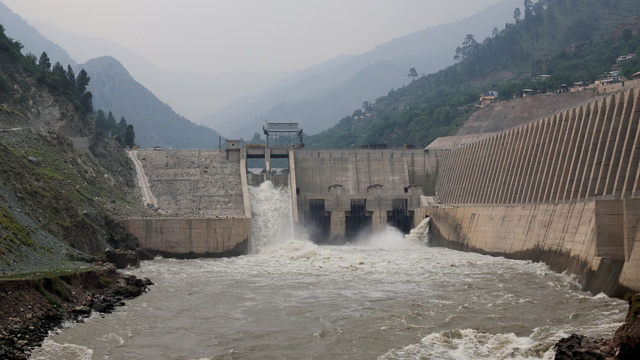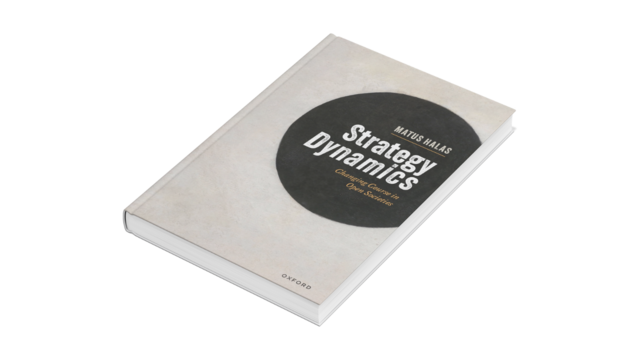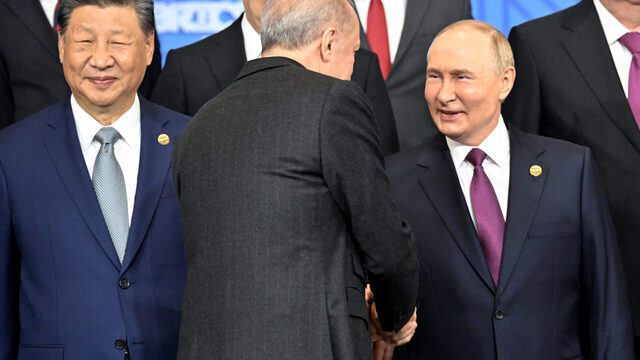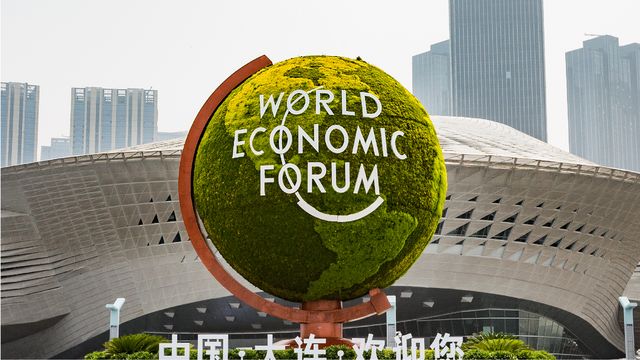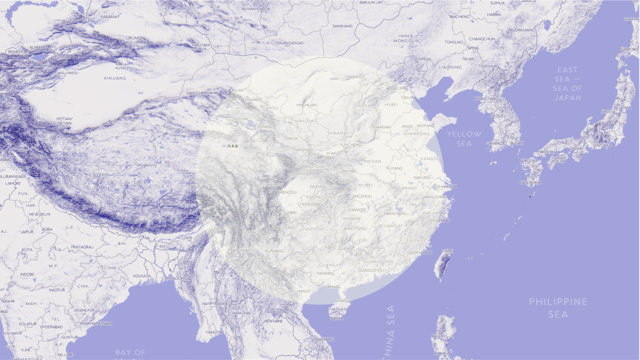Workshop: Small States within the Belt and Road Initiative
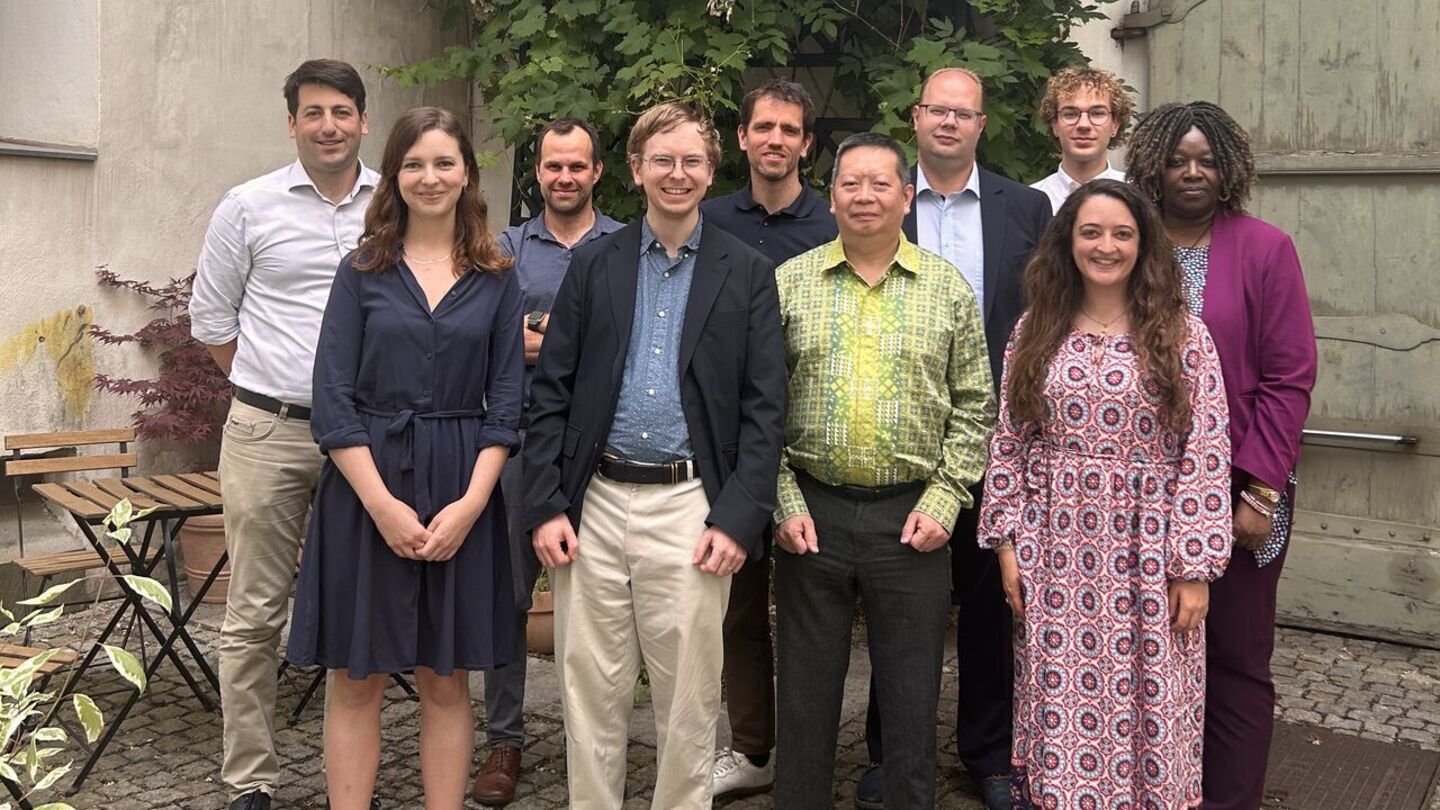
In June, the Institute of International Relations hosted an international workshop on the topic "Small States within China’s Belt and Road Initiative," organised by Michal Kolmaš.
The workshop brought leading experts from Europe, Asia, the Americas and Oceania to Prague and online to jointly discuss the opportunities and challenges small states face in relation to China’s global infrastructure initiative.
Across four thematic panels, participants presented a variety of regional case studies and theoretical perspectives. The opening session focused on the general position of small states within the Belt and Road Initiative (BRI) and their capacity to assert their interests in the face of China’s economic power. This was followed by specific case studies – for example, Vietnam’s ambivalent stance towards the BRI, and Ethiopia’s attempt to harness Chinese investment to advance its domestic development agenda, despite complex internal conditions.
The second panel featured a compelling presentation by Richard Turcsányi on the Czech Republic’s involvement in the BRI, as well as a talk by Patrycja Pendrakowska, who addressed Poland’s evolving approach in light of the war in Ukraine and rising tensions on the EU’s eastern borders.
The afternoon sessions turned to South Asia and Latin America. One presentation examined Sri Lanka’s role in the Port City project and its efforts to balance relations with China. Contributions on Nepal, India, and Bangladesh sparked discussion on the legal frameworks surrounding investment in the context of the BRI. The final session focused on the Caribbean and Latin American perspective—highlighting how small states in the region often express support for the BRI, even though its tangible benefits are contested, with their motivations grounded more in symbolism and geopolitical balancing.
A key strength of the workshop lay in its discussion panels, which provided space for exchange among researchers from across the globe and enriched individual presentations with comparative insights. The workshop offered valuable perspectives on how small states negotiate their position in a multipolar world and approach cooperation with major powers such as China.
